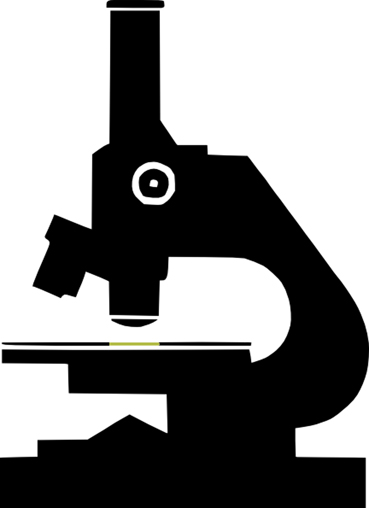Scientists love a good idea. If you want to please scientists, tell them their idea seems elegant. Of all the good ideas out there, none is more attractive than gravity. But seriously folks, if we no longer wish to remain ignorant of the real world, we need to address science. First let’s be clear: technology is not science, medicine is not science, industry is not science. Science is a method of investigation and the collection of what has been found. We don’t have to like the results. To be science they must be correct.
Current trends in “New Age” spiritualism, such as the “Thrive” movie, rely on persuasion to prove their point. This is a clear indicator of not being science. Just like the old time religions, you will not beat scientific results by clever word usage. Wishful thinking is not a strong basis for building a community or society. In order to succeed we want to have our facts straight.
The laws of nature appear to be the same everywhere, they describe what really happens. Violating these laws is not a crime, it is a failure to see clearly, a return to wishful thinking or make-believe. These laws fit into a few main categories: Thermodynamics, Relativity, Quantum Mechanics, The Big Bang theory, Evolution by Natural Selection. Together these orchestrate all the events and activities in the world.
Thermodynamics, briefly, is about statistics and action and decay. The Kelvin scale of temperature places absolute zero at -273 degrees Celsius. The great scientist, Boltzmann found entropy to fit a logarithmic scale in the nineteenth century. Conservation of energy was understood much further back in history.
Scientific thinking has a great advantage over other modes of thought. Unlike ideology, it is self-correcting. Scientists are happy when an old idea is found to be incorrect; this is the brink of discovery. Even a tiny improvement on some traditional method is celebrated. Scientists strive to improve their understanding and freely share what they have learned. Letting go of some false notion or discovering some new thing provides a joy, like renewal.
Relativity combines space, time, matter, energy, and gravity into a branch of study that supplies endless mysteries and wonder. The results improve the accuracy of Isaac Newton’s earlier work, but let’s face it, the math got harder. Albert Einstein improved our understanding, and Newton would be glad to know another thinker has built on his work.
Science is for everyone, to openly share ideas propelling forward the common progress. The contribution of brilliant women and outsiders puts away wrong ideas just as smoothly as an insider may. To rid ourselves of isolation and fear of the unknown is to embrace the spirit of scientific inquiry. We are human and imperfect, better to face reality and compare notes than hide from the truth.
The strangest scientific idea of them all is quantum mechanics. Try to convince yourself that waves and particles are the same thing. On the smallest scales, we can measure a plethora of bazaar phenomena. Even the most jaded scientist becomes dizzy from the weird actions of sub-atomic particles.
So the math is tough. No one knows it all; let’s talk about it anyway. I get stuck on some of the more outlandish formulas; there are limits to my ability to follow some of the logic. I don’t want to let that stop me. We can begin where we are and consider every talent to be a contribution. Everyone can learn; everyone is welcome in a scientific community.
If Darwin’s evolution goes against your beliefs, what should you do? Can we afford to say make-believe is better than reality? Pretending can be fun at times but most of us in our saner moments will prefer to know the truth and choose it instead of believing lies. However beloved your friends (or leaders) may be, if they denounce natural selection or call it a design, they do not know what they are talking about. Maybe they meant well but got mixed up. We can forgive that but not participate in the falsehood.
The Big Bang theory is not quite so clear. As best as we can tell, the universe began 13.8 billion years ago and continues to expand like nobody’s business. Space is about great voids, clusters of galaxies, and supernovas. Now this is what I want to study!
Olympia is a beautiful place; there are all types of people here. Many of us already have a healthy understanding of science and respect it. We are happy when our computers work (and sad when they do not). I feel we can still use a closer and stronger scientific community here. We need a place where anyone can come and openly participate in scientific inquiry or debate together. We may not have the funding for our own Hubble Space Telescope or Large Hadron Collider, but we can share what we know. The benefits of science are at least as amazing as yoga classes but where do we go to talk about it? We can start a blog and chat. Getting together for presentations and discussion builds community as well. Comment and criticisms are welcome here: let’s talk about it.
Russ Frizzell is an activist living in Olympia since 2010 and a graduate of The Evergreen State College where he studied Physics and Cosmology.
Interested parties can contact the author at: russfrizzell@yahoo.com

Be First to Comment